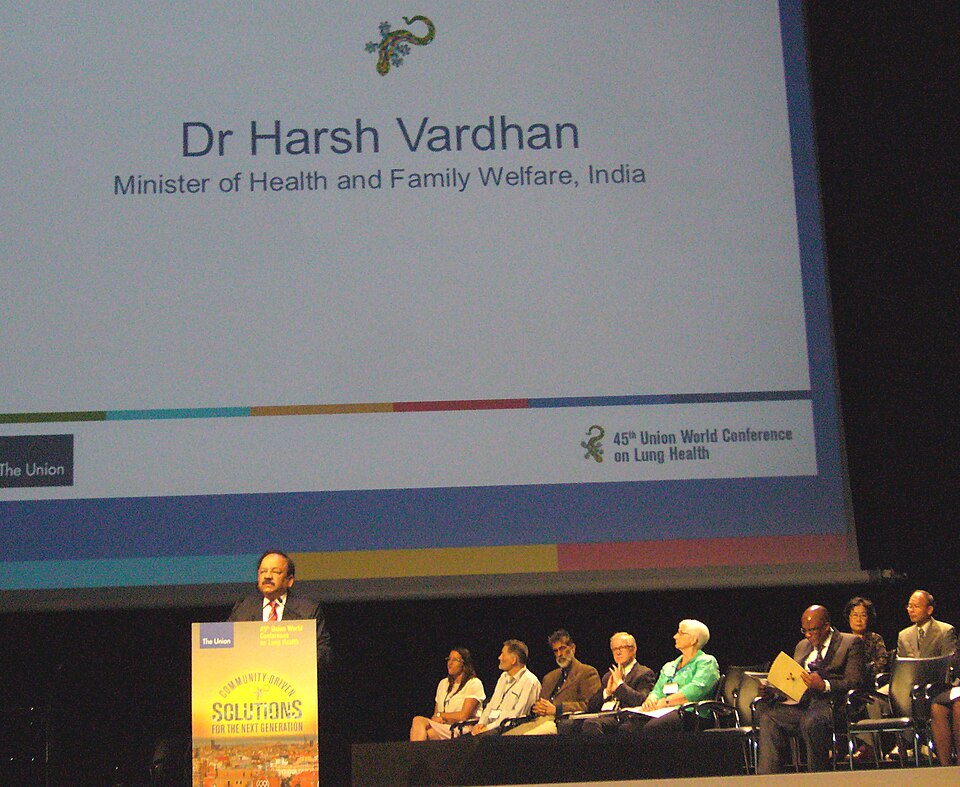Japan Classifies Female Underweight Syndrome as New Health Disorder

In a significant development for women's health, the Japan Society for the Study of Obesity (JASSO) announced in April 2025 its intention to classify Female Underweight/Undernutrition Syndrome (FUS) as an official health disorder. This decision comes amid growing concerns about the alarming rate of underweight women in Japan, particularly among those in their 20s, where approximately 20% are classified as underweight, one of the highest rates among developed nations. According to JASSO, the establishment of diagnostic criteria for FUS aims to facilitate early detection and prevention of related health issues, which have seen a marked increase due to societal pressures and cultural perceptions of beauty.
The trend toward thinness has escalated in Japan, influenced by media portrayals and social norms that disproportionately emphasize slimness as a standard of beauty. Dr. Yoshiko Tanaka, a leading nutritionist and researcher at the University of Tokyo, highlights the critical need for awareness and intervention strategies. "The normalization of extreme thinness is concerning; it not only affects physical health but also mental well-being," Dr. Tanaka stated in her 2023 research published in the Journal of Nutritional Science.
The implications of this new classification extend beyond health to encompass social and economic dimensions. According to a report by the World Health Organization (WHO) published in 2024, undernutrition can lead to long-term health complications, affecting women's reproductive health and increasing healthcare costs. Dr. Michael Chen, an economist at the National Institute of Health in Japan, notes that the economic burden of treating diseases linked to undernutrition could be significant. "Investing in preventive health measures, including public education on nutrition, is not only a moral imperative but also an economic necessity," he remarked.
Internationally, the rise of underweight issues among women is not unique to Japan. The WHO has reported similar trends in various other developed countries, raising questions about global health standards and societal expectations. The United States, for instance, has seen increasing rates of eating disorders, particularly among young women, as noted by Dr. Lisa Rodriguez, an eating disorder specialist at the University of California, Los Angeles, in her 2022 study published in the Journal of Eating Disorders. "We must address the root causes, including cultural pressures and misinformation surrounding body image, to mitigate these trends," she emphasized.
As Japan moves forward with the classification of FUS, it also opens the door for more comprehensive research on the psychological and social factors contributing to undernutrition. This initiative could serve as a model for other countries grappling with similar issues. With a focus on prevention and intervention, it is hoped that the health of future generations of women can be safeguarded.
The recognition of Female Underweight/Undernutrition Syndrome is a pivotal step in addressing an often-overlooked public health concern that could foster greater awareness and prompt necessary changes in societal attitudes towards body image and nutrition.
Advertisement
Tags
Advertisement





